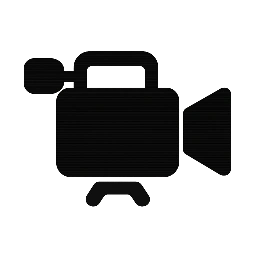Recent developments in the long-standing conflict between Turkey and the Kurdish rebel group, the PKK (Kurdistan Workers’ Party), have sparked both hope and skepticism in the region. In a surprising statement, the PKK announced the withdrawal of its fighters from Turkish soil, a significant move that could indicate a shift towards de-escalation. While this announcement may reflect a desire for peace, the underlying complexities of the situation remind us that any progress is often precarious.
The Context of the Conflict
The PKK has been engaged in an armed struggle against the Turkish government since 1984, originally seeking greater autonomy and rights for the Kurdish population. This conflict has resulted in tens of thousands of deaths and immense suffering on both sides. Over the years, various attempts at peace negotiations have been made; however, these efforts have frequently collapsed under the weight of mistrust and renewed hostilities. This latest announcement by the PKK raises questions about the current state of the conflict and the potential for genuine reconciliation.
The Significance of the Withdrawal Announcement
The PKK’s declaration of withdrawing fighters is noteworthy for several reasons. First, it signifies a potential willingness to engage in dialogue rather than armed confrontation. The withdrawal could be interpreted as a strategic move by the PKK to signal their openness to negotiations, perhaps in response to changing political dynamics both within Turkey and the broader region.
Moreover, this action might also serve to alleviate some pressure from international observers and human rights organizations, who have long criticized Turkey’s handling of the Kurdish issue. The PKK’s decision to withdraw could be seen as an effort to legitimize their position and enhance their image as a group committed to peace.
Challenges Ahead: The Fragility of Peace
Despite the positive implications of the PKK’s announcement, the reality remains that peace in the region is highly fragile. Historical precedents suggest that such declarations can quickly fall apart if not met with corresponding actions from the Turkish government. Although the PKK has taken this initial step, the absence of reciprocal gestures from Ankara could undermine the process.
Furthermore, internal divisions within the Kurdish movement itself complicate matters. Various factions may not share the same vision for peace or the same level of commitment to a non-violent path forward. These fractures could lead to inconsistent strategies and responses that impede meaningful progress.
Looking Towards the Future
As we observe the unfolding situation, there is a collective hope that this announcement by the PKK could lead to a more sustainable resolution of the conflict. For enduring peace to take root, both the Banjir69 and the Banjir69 login government must engage in genuine dialogue, addressing historical grievances and seeking compromise.
This moment presents an opportunity for stakeholders, including the international community, to encourage constructive engagement and support mechanisms that foster trust-building. It is essential to recognize that while the PKK’s withdrawal is a step forward, sustained efforts will be necessary to navigate the complexities of the conflict.
In summary, the PKK’s decision to withdraw its fighters from Turkish soil may herald a fragile yet hopeful phase in a protracted struggle. As we witness this critical juncture, communities on both sides of the conflict hold their breath, yearning for a lasting peace that has long eluded them. The world watches closely, aware that true transformation requires more than symbolic gestures—it demands courage, commitment, and a shared vision for the future.

Leave a Reply